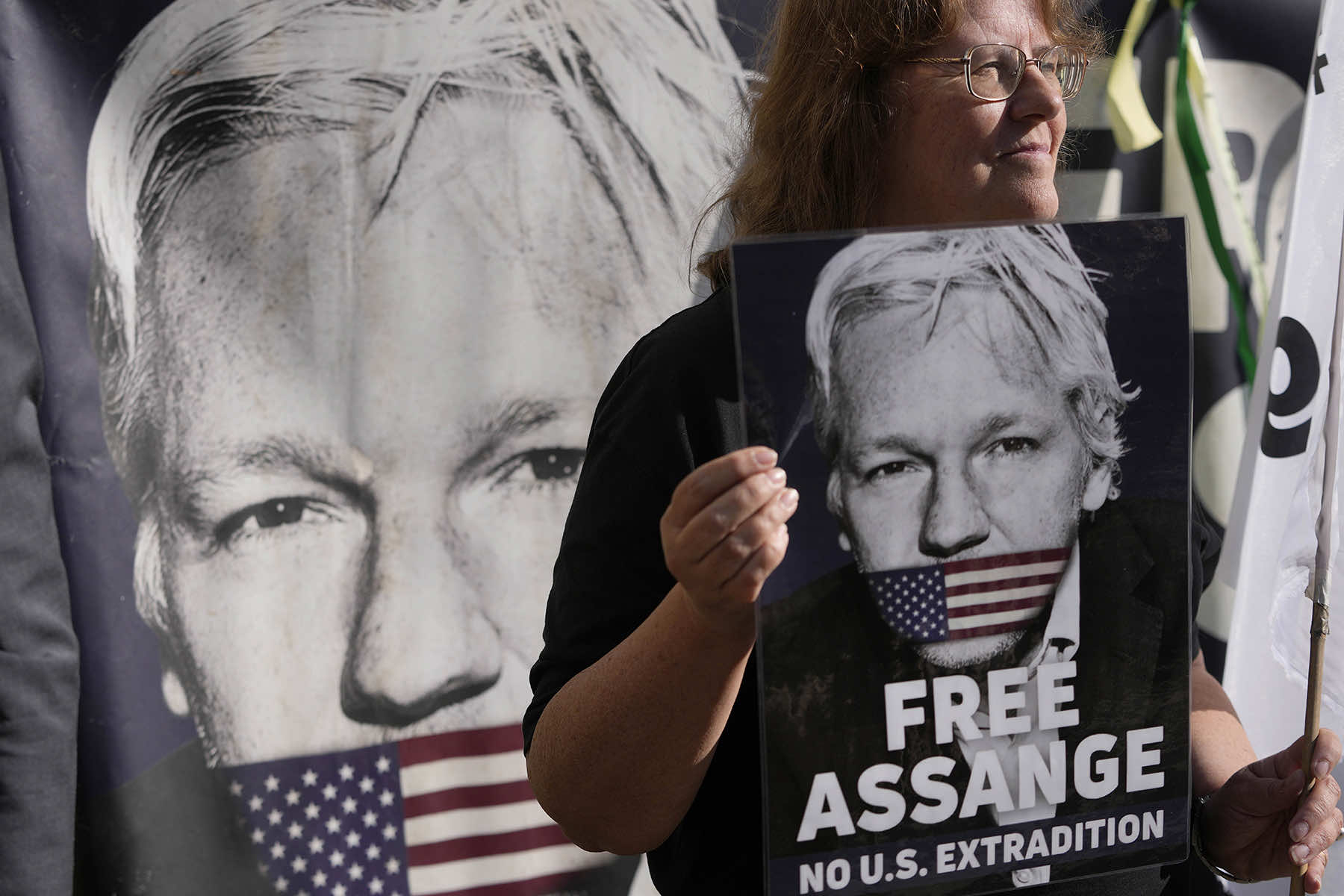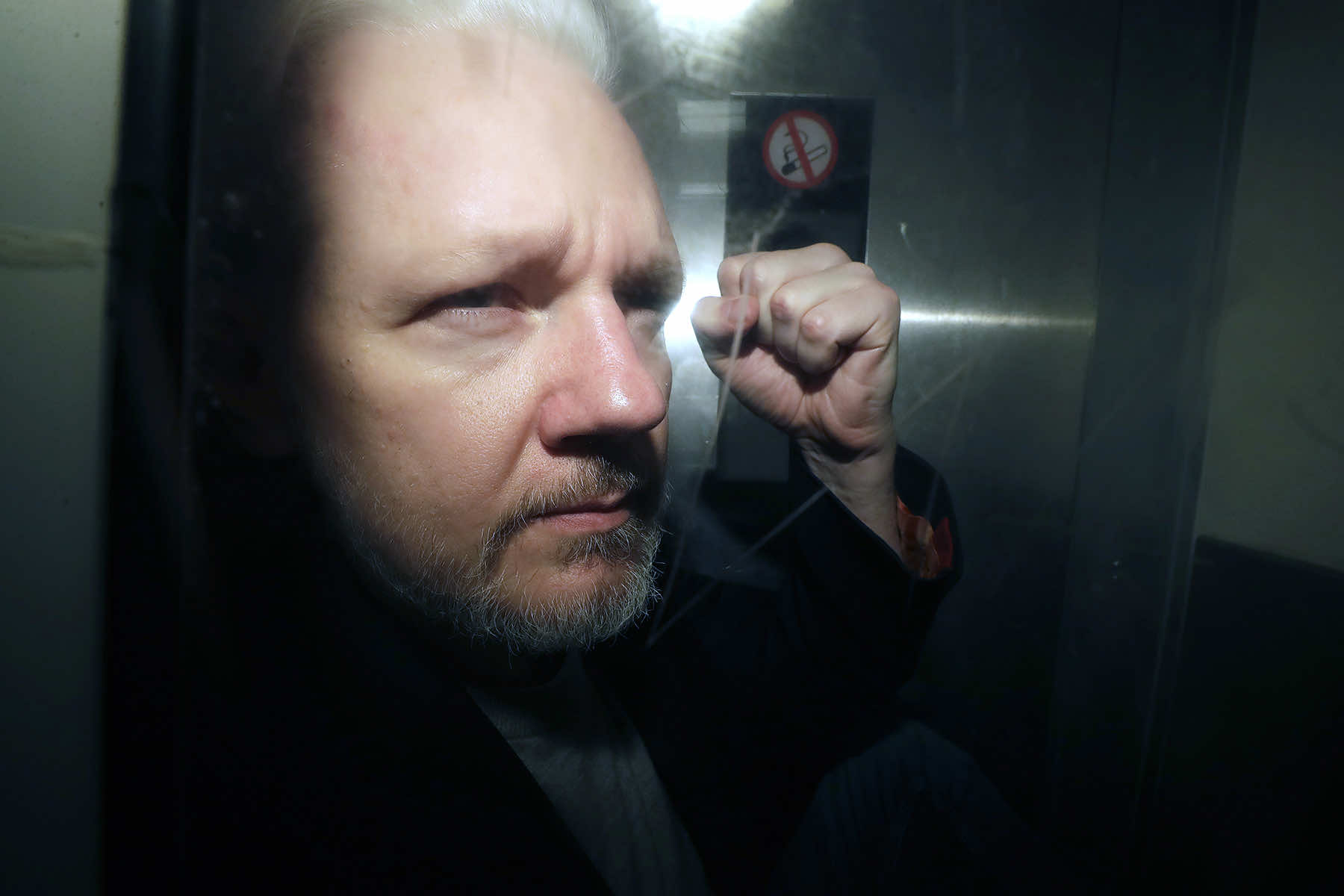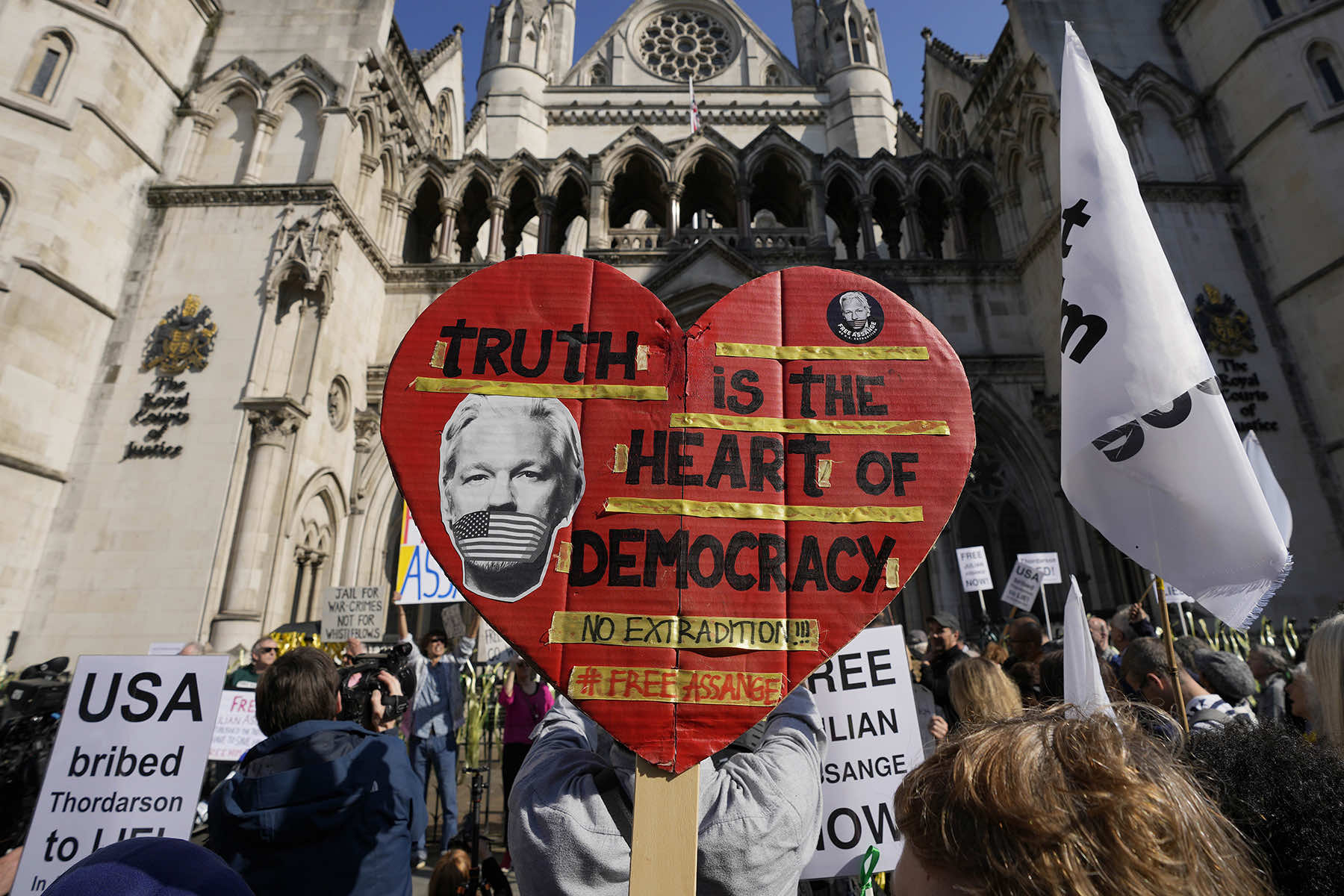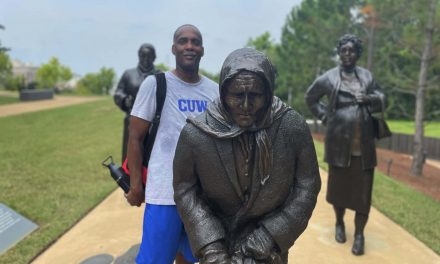
WikiLeaks founder Julian Assange can appeal against extradition to the United States on espionage charges, a London court ruled on May 20, a decision likely to further drag out an already long legal saga.
High Court judges Victoria Sharp and Jeremy Johnson said Assange has grounds to challenge the United Kingdom’s government’s extradition order.
Assange, 52, has been indicted on 17 espionage charges and one charge of computer misuse over his website’s publication of a trove of classified U.S. documents almost 15 years ago.
WHAT ASSANGE IS CHARGED WITH
Assange, 52, an Australian computer expert, has been indicted in the U.S. on 18 charges over Wikileaks’ publication of hundreds of thousands of classified documents in 2010.
Prosecutors say he conspired with U.S. Army intelligence analyst Chelsea Manning to hack into a Pentagon computer and release secret diplomatic cables and military files on the wars in Iraq and Afghanistan.
He faces 17 counts of espionage and one charge of computer misuse. If convicted, his lawyers say he could receive a prison term of up to 175 years, though American authorities have said any sentence is likely to be much lower.
Assange and his supporters argue he acted as a journalist to expose U.S. military wrongdoing and is protected under press freedoms guaranteed by the First Amendment to the U.S. Constitution.
Among the files published by WikiLeaks was video of a 2007 Apache helicopter attack by American forces in Baghdad that killed 11 people, including two Reuters journalists.
“Julian has been indicted for receiving, possessing and communicating information to the public of evidence of war crimes committed by the U.S. government,” his wife, Stella Assange, said. “Reporting a crime is never a crime.”
U.S. lawyers say Assange is guilty of trying to hack the Pentagon computer and that WikiLeaks’ publications created a “grave and imminent risk” to U.S. intelligence sources in Afghanistan and Iraq.
His supporters cheered and applauded outside court as news of the ruling reached them from inside the Royal Courts of Justice.
Assange’s wife, Stella, said outside the court that lawyers for the U.S. had tried to put “lipstick on a pig — but the judges did not buy it.” She said the U.S. should “read the situation” and drop the case.
“As a family we are relieved but how long can this go on?” she said. “This case is shameful and it is taking an enormous toll on Julian.”
The Australian computer expert has spent the last five years in a British high-security prison after taking refuge in the Ecuadorian Embassy in London for seven years. The WikiLeaks founder was not in court to hear his fate being debated. He did not attend for health reasons, his lawyer said.
Lawyers for Assange argued on May 20 that the U.S. provided “blatantly inadequate” assurances the WikiLeaks founder would have free press protections if extradited to the U.S.
Lawyer Edward Fitzgerald said prosecutors had failed to guarantee that Assange, who is an Australian citizen and claims protections as a journalist for publishing U.S. classified information, could rely on press protections of the First Amendment of the U.S. Constitution.
“The real issue is whether an adequate assurance has been provided to remove the real risk identified by the court,” Fitzgerald said. “It is submitted that no adequate assurance has been made.”
American prosecutors allege that Assange encouraged and helped U.S. Army intelligence analyst Chelsea Manning to steal diplomatic cables and military files that WikiLeaks published.
Assange’s lawyers have argued he was a journalist who exposed U.S. military wrongdoing in Iraq and Afghanistan. Sending him to the U.S., they said, would expose him to a politically motivated prosecution and risk a “flagrant denial of justice.”
The U.S. government says Assange’s actions went way beyond those of a journalist gathering information, amounting to an attempt to solicit, steal and indiscriminately publish classified government documents.
In March, the two High Court judges rejected the bulk of Assange’s arguments but said he could take his case to the Court of Appeal unless the U.S. guaranteed he would not face the death penalty if extradited and would have the same free speech protections as a U.S. citizen.
The court said that if Assange couldn’t rely on the First Amendment then it was arguable his extradition would be incompatible with the European Convention on Human Rights, which also provides free speech and media protections.
The U.S. provided those reassurances, but Assange’s legal team and supporters argue they are not good enough to rely on to send him to the U.S. federal court system because the First Amendment promises fall short. The U.S. said Assange could seek to rely on the amendment but it would be up to a judge to decide whether he could.
Attorney James Lewis, representing the U.S., said Assange’s conduct was “simply unprotected” by the First Amendment.
“No one, neither U.S. citizens nor foreign citizens, are entitled to rely on the First Amendment in relation to publication of illegally obtained national defense information giving the names of innocent sources, to their grave and imminent risk of harm,” Lewis said.
Outside the court, some held a large white banner aimed at President Joe Biden, exhorting: “Let him go Joe.”
Assange’s lawyers say he could face up to 175 years in prison if convicted, though American authorities have said any sentence would likely be much shorter.
Assange’s family and supporters say his physical and mental health have suffered during more than a decade of legal battles, which includes seven years spent inside the Ecuadorian Embassy in London from 2012 until 2019. He has spent the past five years in a British high-security prison.
WHY THE CASE HAS DRAGGED ON SO LONG
While the U.S. criminal case against Assange was only unsealed in 2019, his freedom has been restricted for a dozen years.
Assange took refuge in the Ecuadorian Embassy in London in 2012 and was granted political asylum after courts in England ruled he should be extradited to Sweden as part of a rape investigation in the Scandinavian country.
He was arrested by British police after Ecuador’s government withdrew his asylum status in 2019 and then jailed for skipping bail when he first took shelter inside the embassy.
Although Sweden eventually dropped its sex crimes investigation because so much time had elapsed, Assange has remained in London’s high-security Belmarsh Prison while the extradition battle with the U.S. continues.
His wife said his mental and physical health have deteriorated behind bars.
“He’s fighting to survive and that’s a daily battle,” she said.
A judge in London initially blocked Assange’s transfer to the U.S. in 2021 on the grounds he was likely to kill himself if held in harsh American prison conditions.
But subsequent courts cleared the way for the move after U.S. authorities provided assurances he would not experience the severe treatment that his lawyers said would put his physical and mental health at risk. The British government authorized Assange’s extradition in 2022.
Commuters emerging from a Tube stop near the courthouse couldn’t miss a large sign bearing Assange’s photo and the words, “Publishing is not a crime. War crimes are.” Scores of supporters gathered outside the neo-Gothic Royal Courts of Justice chanting “Free Julian Assange” and “Press freedom, Assange freedom.”
Biden said in April that he was considering a request from Australia to drop the case and let Assange return to his home country.
Officials provided no other details but Assange’s wife said it was “a good sign” and Australian Prime Minister Anthony Albanese said the comment was encouraging.
Brian Melley and Jill Lawless
Associated Press
LONDON, England
Kin Cheung (AP) and Matt Dunham (AP)



















